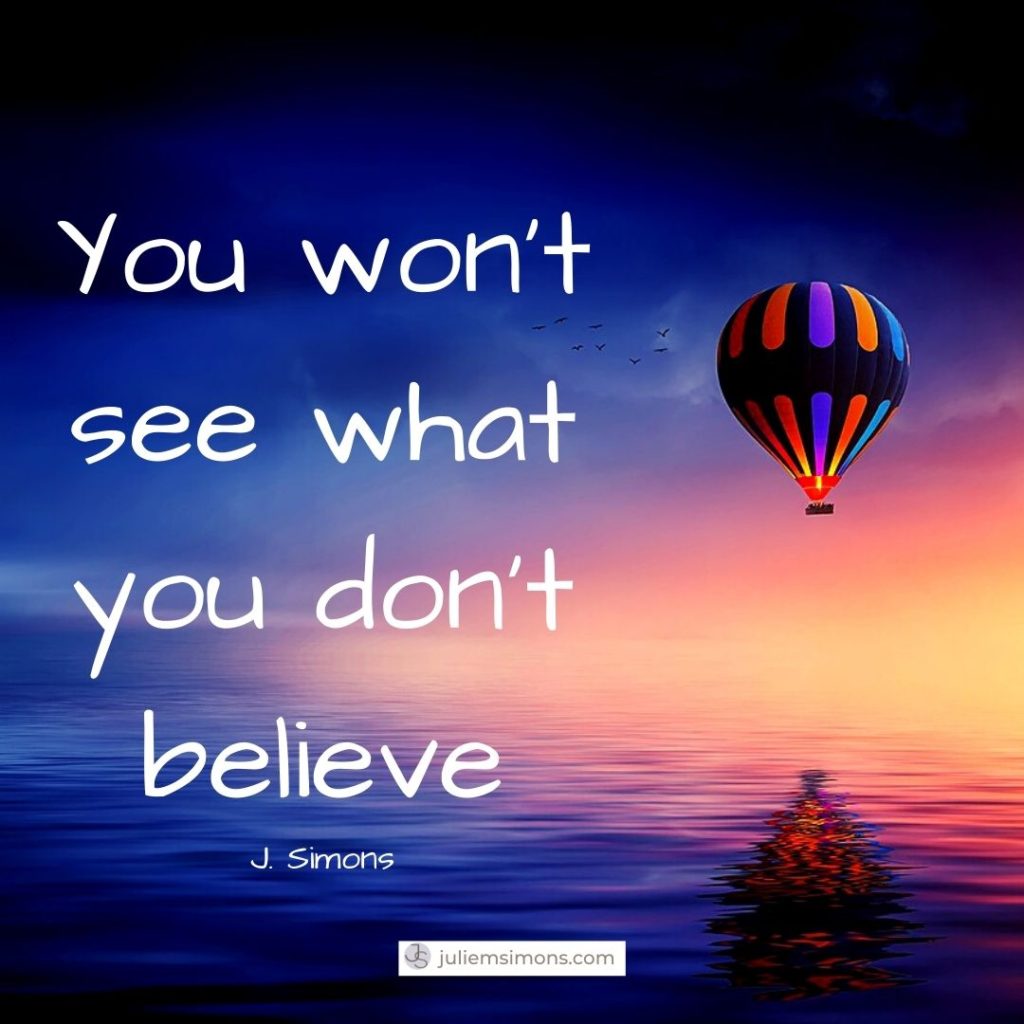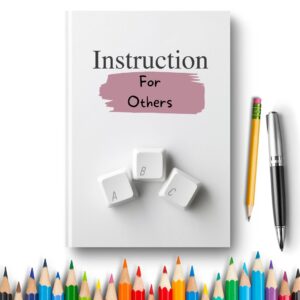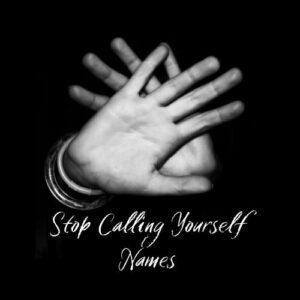Mental Filter
Just like in the video, our brain has an ability to filter out information without our consent. The information we filter out is based on what we expect to see or believe is true. With this distortion, our brain narrows the field of our attention to interpret things in a negative way. For instance, if we are convinced we’re not doing enough we’ll see only things undone while seemingly blind to what we have accomplished. It’s like the one drop of ink that discolors an entire glass of water.
This article is part of a series on cognitive distortions to help you identify the common ways brains distort reality. Being able to recognize these distortions in our thinking offers objectivity – giving us more authority over our emotional lives.
Mental filtering is a form of Confirmation Bias, which is the human mind’s tendency seek evidence for what it already believes and selectively ignore or filter out anything that contradicts that belief.
Here are some other examples of mental filter:
- You were given feedback at work and even though it was almost all positive, you focus on small part that wasn’t and filter out the rest.
- You meet up with someone on a first date and even though you had a good time overall, you find yourself preoccupied by disapproval of the person’s clothing choice.
- You have a dinner party and your guests make positive comments about each dish except one. Afterward, you can’t stop thinking about what was wrong with the dish that no one mentioned.
Part of emotional health is the ability to think about our thinking and understand how our mind can work against us so we can learn how to get it working for us. Here are a couple of antidotes for when you suspect mental filter may be at play:
Antidote #1: When you suspect mental filter may be running the show, ask yourself what you may be missing? What other information could your mind be blocking out? Are you willing to see things that contradict what you already believe?
Antidote #2: Examine the evidence. Take a piece of paper and draw a line down the middle. One one side write down all the evidence for your conclusion (ie. I’m not doing enough) and on the other side write the evidence agains the belief. Then see which side seems to outweigh the other.

Discounting The Positives
This distortion is similar to mental filter, except that instead of being blind to information that contradicts our beliefs, we see it but chose to discount it. This is a habit of thinking that can perpetuate low self-esteem and keep us stuck in a negative mindset.
When discounting the positives, we reject positive input by finding reasons it doesn’t count and in so doing confirm our negative beliefs. So if you do a good job, you tell yourself that it wasn’t good enough or that anyone could have done as well. Or if someone offers a compliment, you find a way to negate it. Instead of acknowledging positive results, you’ll deny yourself credit by claiming it to be luck, accident or coincidence If you notice yourself saying, “yes, but…” a lot, it’s a clue this thought error could be operating behind the scenes. Over time, this cognitive habit undermines your sense of agency, reinforces helplessness and creates a perception that you don’t have control over positive things in your life.
Antidote #1: Two or three days a week find 3 or more positive things that happened and write them down. Then make a side note for each of what you did that helped to make them happen. See if you can identify the strength, value or characteristic that contributed to your action.
Antidote #2: Double Standard Technique. This is a method from Cognitive Behavioral Therapy where you question how you would respond to someone you cared about in the same situation. If it’s different than what you’re offering yourself, you’ve got a double standard going. See if you can access what specifically you would say to that friend, question why you aren’t willing to offer yourself the same and challenge yourself to be that friend to yourself. If this is a method that interests you, here’s a worksheet you can use to override discounting the positive by accessing your inner friend.
Want to learn more about this distortion? Check out this podcast episode by Dr. David Burns.
Do you want to know how spot your brain’s lies and get more control over your emotional health? Check out my program here.



